
Pin on Greek Mythology
In Roman Mythology, Nike was known as Victoria, after Greece fell to the Roman Empire.. In keeping with Zeus's promise to make Nike to live forever as the Goddess of speed, strength and victory, people of all ages have the opportunity to wear Nike shoes. As proof of the power of Nike, many sports stars maintain they owe their success to.
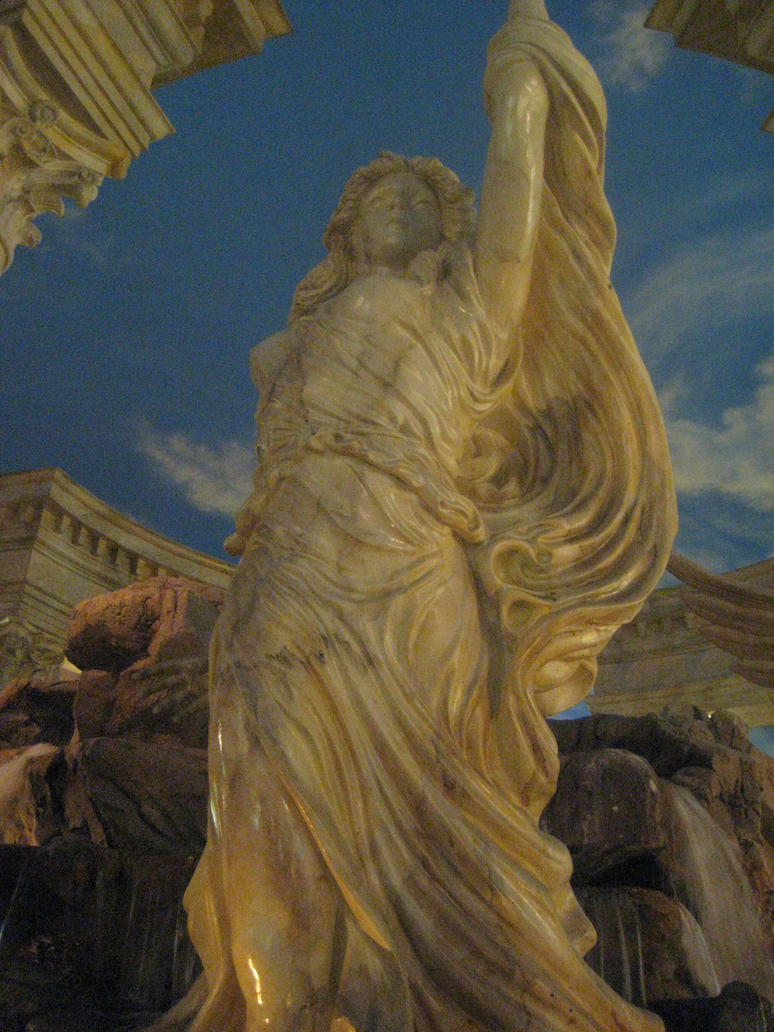
Venus Roman Goddess of Love by KalemLyco on DeviantArt
The Roman poet Ennius gives the Roman equivalents (the Dii Consentes) as six male-female complements, preserving the place of Vesta (Greek Hestia), who played a crucial role in Roman religion as a state goddess maintained by the Vestals. List. There is no single canonical list of the twelve Olympian gods.
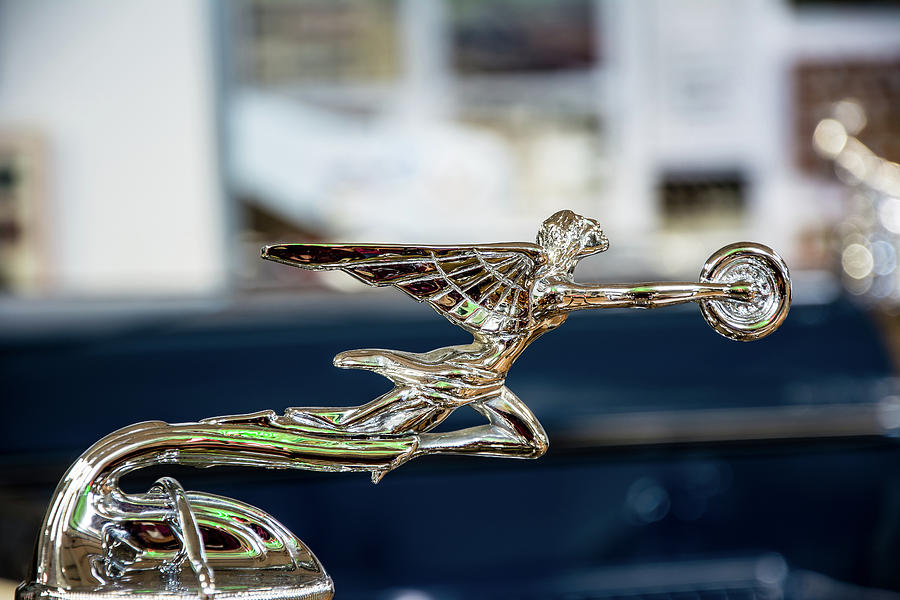
Goddess of Speed Photograph by Ed Hughes Fine Art America
The Roman deities most widely known today are those the Romans identified with Greek counterparts (see interpretatio graeca), integrating Greek myths, iconography, and sometimes religious practices, into Roman culture, including Latin literature, Roman art, and religious life as it was experienced throughout the Empire.Many of the Romans' own gods remain obscure, known only by name and.

Goddess of Speed YouTube
The Roman god Mercury was based almost entirely on the Greek messenger god Hermes. To the Romans, however, his most important role was not as a diplomat or even as a messenger from the gods. Mercury was the god of commerce, putting him at the center of Roman life. As the Republic expanded its borders and became a vast empire, Mercury's role.

Lagos Socialite, Roman Goddess Bares Major C leavage As She Shows Off
Mercury (/ ˈ m ɜːr k j ʊr i /; Latin: Mercurius [mɛrˈkʊrijʊs] ⓘ) is a major god in Roman religion and mythology, being one of the 12 Dii Consentes within the ancient Roman pantheon.He is the god of financial gain, commerce, eloquence, messages, communication (including divination), travelers, boundaries, luck, trickery, and thieves; he also serves as the guide of souls to the.

Related image Roman goddess, Deviantart, Art
Her Roman equivalent is the goddess Victoria.. By changing Nike's stance, Paionios has relinquished depiction of Nike's swift speed in favor of depicting her in a forward alighting motion that directly engages the viewer. Pheidias's statue of Zeus at Olympia. Artistic rendering by the Quatremère de Quincy (1815).

Pin by Vijay Kumar NagarNakam on Goddess Durga in 2023 Goddess art
Amun, god of creation and the wind. Henkhisesui, god of the east wind. Ḥutchai, god of the west wind. Qebui, god of the north wind who appears as a man with four ram heads or a winged ram with four heads. Shehbui, god of the south wind. Shu, god of the air.

Artemis.jpg (728×1045) Greek and roman mythology, Greek gods and
Mercury was the Roman god of commerce, often serving as a mediator between the gods and mortals, his winged feet giving him the advantage of speed, and so was the patron of circulation in general - of people, goods and messages.Mercury protected both merchants, especially those dealing in grains, and travelers. Merchants would pray to him for high profits and protection of their trade goods.

Goddess Nike by on DeviantArt
The ram, one of the Mercury Roman god Symbols. As a matter of fact, Mercury god of speed was one of the 12 Di Consentes at the heart of the Roman Pantheon consisting of 6 gods and 6 goddesses. These were: Jupiter, Juno, Mars, Mercury, Neptune, Venus, Apollo, Diana, Minerva, Ceres, Vulcan, and Vesta.
Is the Greco Roman goddess Fauna considered the same goddess as Febris
Known as Winged Victory, or the Winged Victory of Samothrace, it presents the goddess standing on the prow of a boat. Created about 200 B.C., it is one of the most famous sculptures in the world. Nike, the goddess of victory, is the only winged goddess of the Greek pantheon. Find out about her temple and her connection with Athena and Zeus.

The Goddess of Speed is the third in our Goddess series. She is
Discover more about the Roman god of speed, including Mercury's symbols, myths, and origins, and his place in ancient Roman culture. Updated: 11/21/2023 Table of Contents
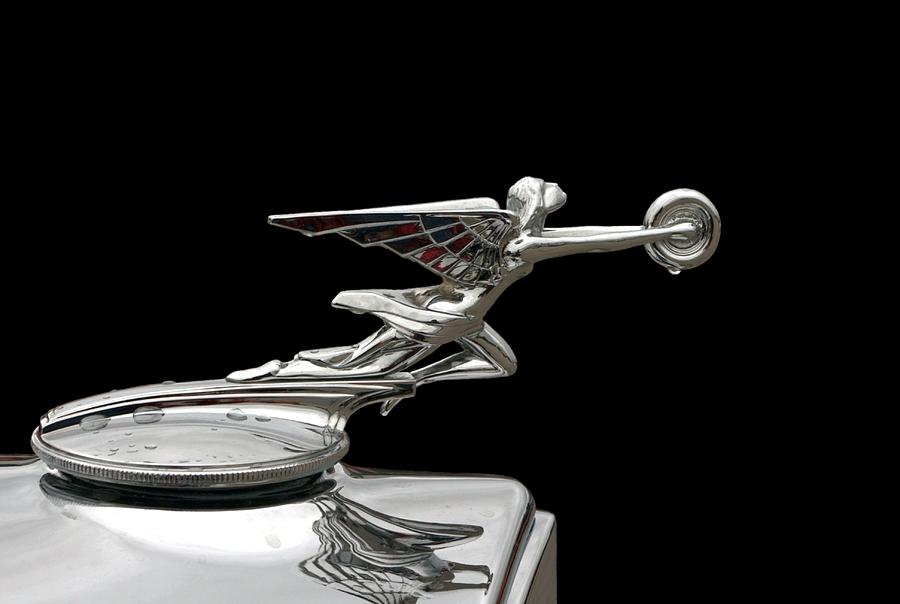
The Goddess of Speed Photograph by Tim McCullough Fine Art America
The Roman Empire was a primarily polytheistic civilization, which meant that people recognized and worshiped multiple gods and goddesses.Despite the presence of monotheistic religions within the empire, such as Judaism and early Christianity, Romans honored multiple deities.They believed that these deities served a role in founding the Roman . civilization and that they helped shape the events.
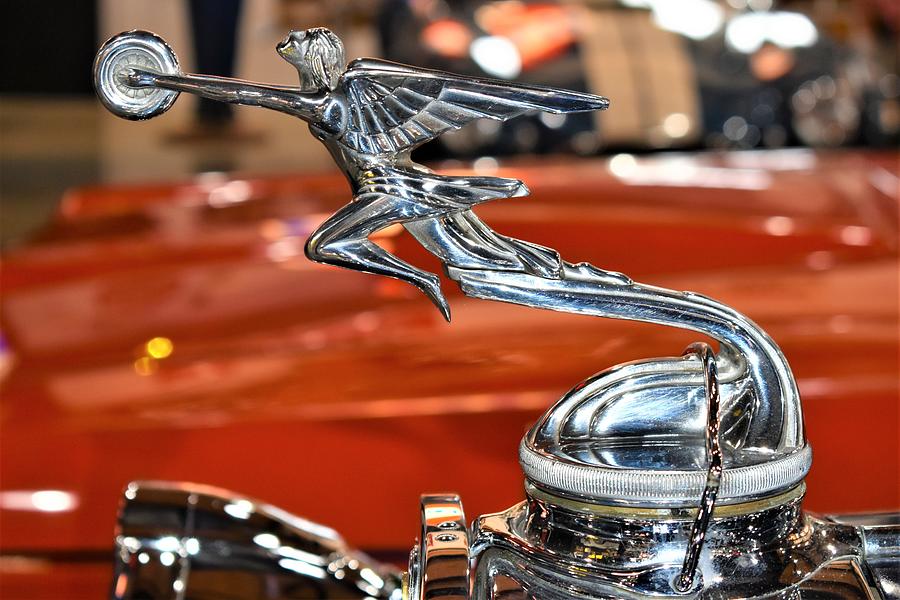
Goddess Of Speed Photograph by Karen Largent Fine Art America
In Roman mythology and religion many of Hermes' characteristics belong to Mercury, a name derived from the Latin merx,. able to take the roads with the speed of wind. Originally, they had no wings, but late in the artistic representations, they are depicted. In certain images, the wings spring directly from the ankles.

Goddess Scrolller
Nike. Nike, sculpture from a bronze vessel, probably made in a Greek city of southern Italy, c. 490 bce; in the British Museum, London. (more) As an attribute of both Athena, the goddess of wisdom, and the chief god, Zeus, Nike was represented in art as a small figure carried in the hand by those divinities. Athena Nike was always wingless.

Hecate Goddess, Goddess Art, Witchcraft Spell Books, Wiccan Spell Book
Roman Goddess names list. Juno - female universal principle, mother Goddess. Minerva - Roman Goddess of wisdom, intelligence and handicrafts. Venus - Roman Goddess of Love. Diana - Roman Goddess of feral life, nature and hunting. Vesta - ancient Roman Goddess of domestic life. Bellona - Roman Goddess of War.
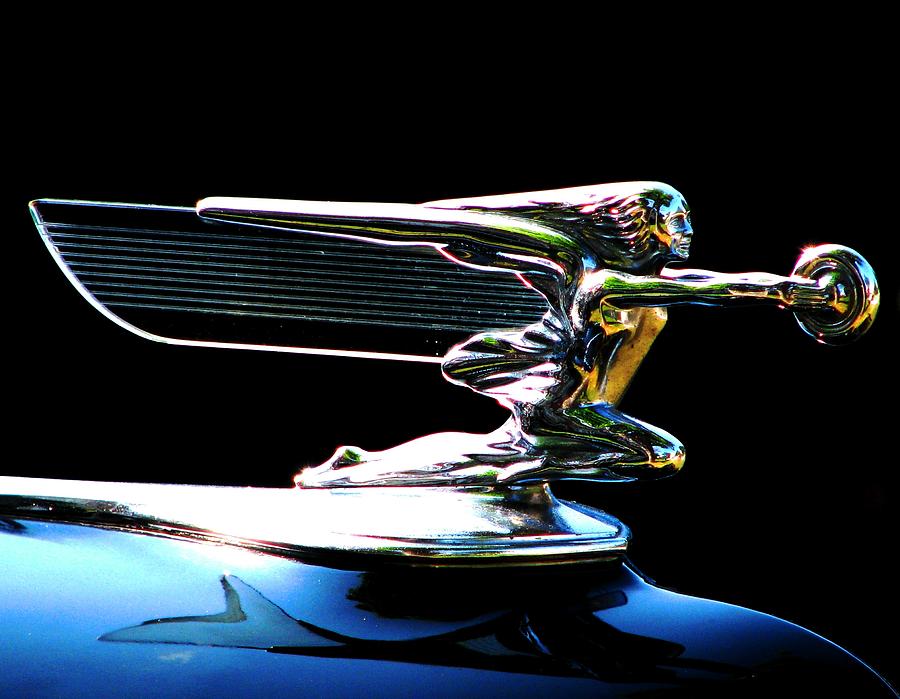
Goddess Of Speed Photograph by Angela Davies Fine Art America
Venus. Venus is the Roman goddess of love, beauty, prosperity, fertility, and victory. She was so important to Romans that they claimed her as their ancestress. According to mythology, her son Aeneas fled from Troy to Italy. He became the ancestor of Remus and Romulus, who founded Rome. So, in a way, it's accurate to say […]